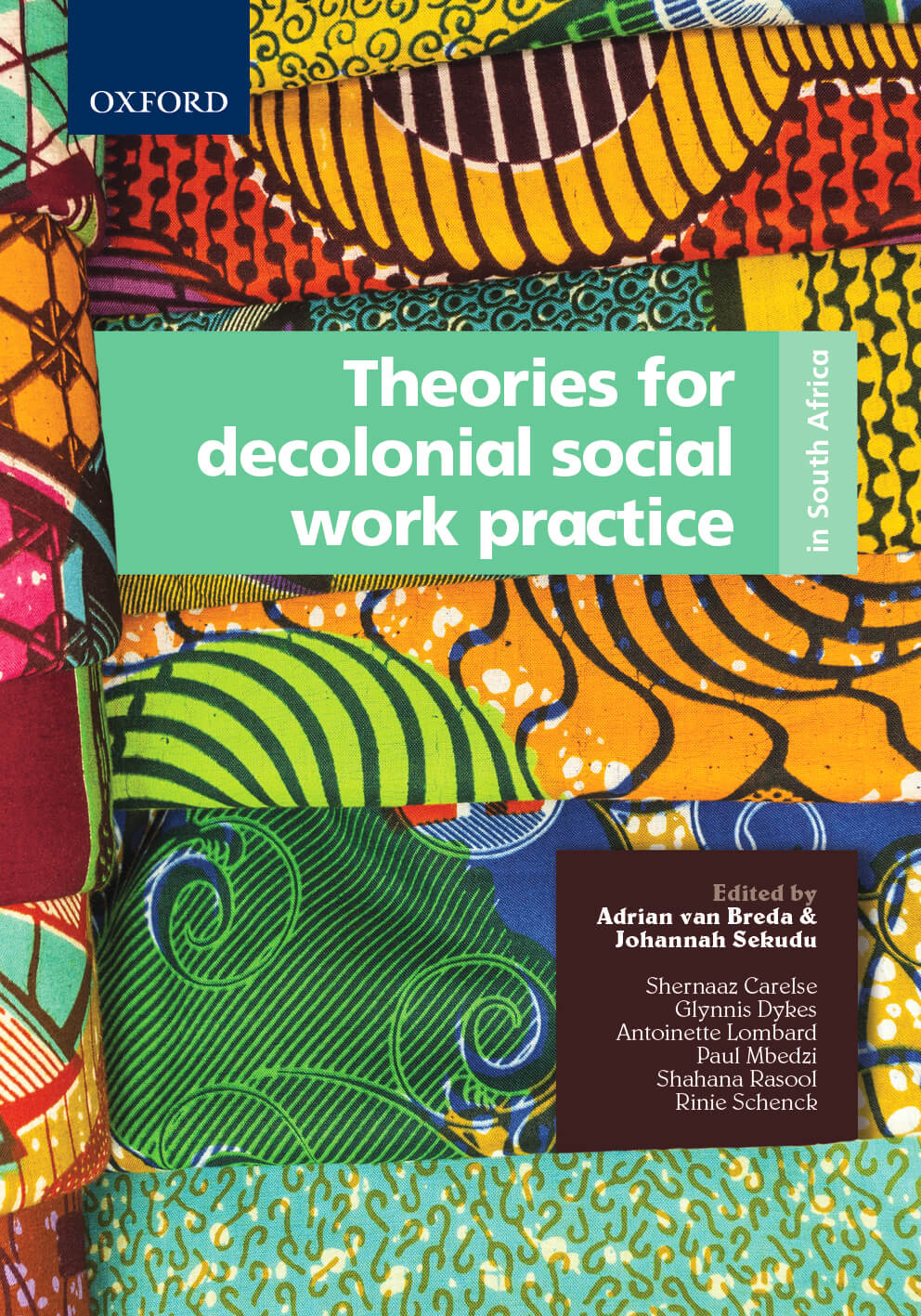Theories for decolonial social work practice in South Africa is a local book critically presenting social work theories that are suitable for decolonial and developmental generalist practice in the Global South. The choice of theories included in this book is informed by the lived experiences of South Africans in a multicultural, post-colonial, post-apartheid society. The book sees the goal of social work as effecting transformation and liberation, through the implementation of the developmental approach, and by drawing on decolonial and African concepts. It supports social workers in working toward this goal by stimulating critical reflection and disrupting
taken-for-granted beliefs and practices. It guides readers to work with client groups across the
micro-mezzo-macro continuum in such a way that they are empowered to develop agency, thereby affirming the basic values of social justice and human dignity.
Theories for decolonial social work practice in South Africa is su itable for social work education and the in-service training of qualified social workers, child and youth care workers and community development practitioners. In addition, the book will be of interest to social work academics and researchers because of its unique decolonial and African approach to Global North theories, and its contribution to the development of Global South theories.
Features
- case studies that explore the role of the social worker in addressing typical problems experienced in practice
- reflective questions that require readers to apply critical thinking skills and introspection
- activities that challenge readers to apply what they have learnt to scenarios they may be faced with in practice
- annotated websites and activities which are also available on Learning Zone.
1 Introduction to social work theory
2 Decoloniality in social work
3 Developmental social work
4 Social constructionism
5 Ecosystems
6 Ubuntu
7 Resilience
8 Attachment
9 Feminisms
10 Sustainable livelihoods
11 Person-centred
12 Spirituality
13 Strengths-based
14 Circle of courage
15 Mapping the way forward in decolonising social work theory in South Africa
